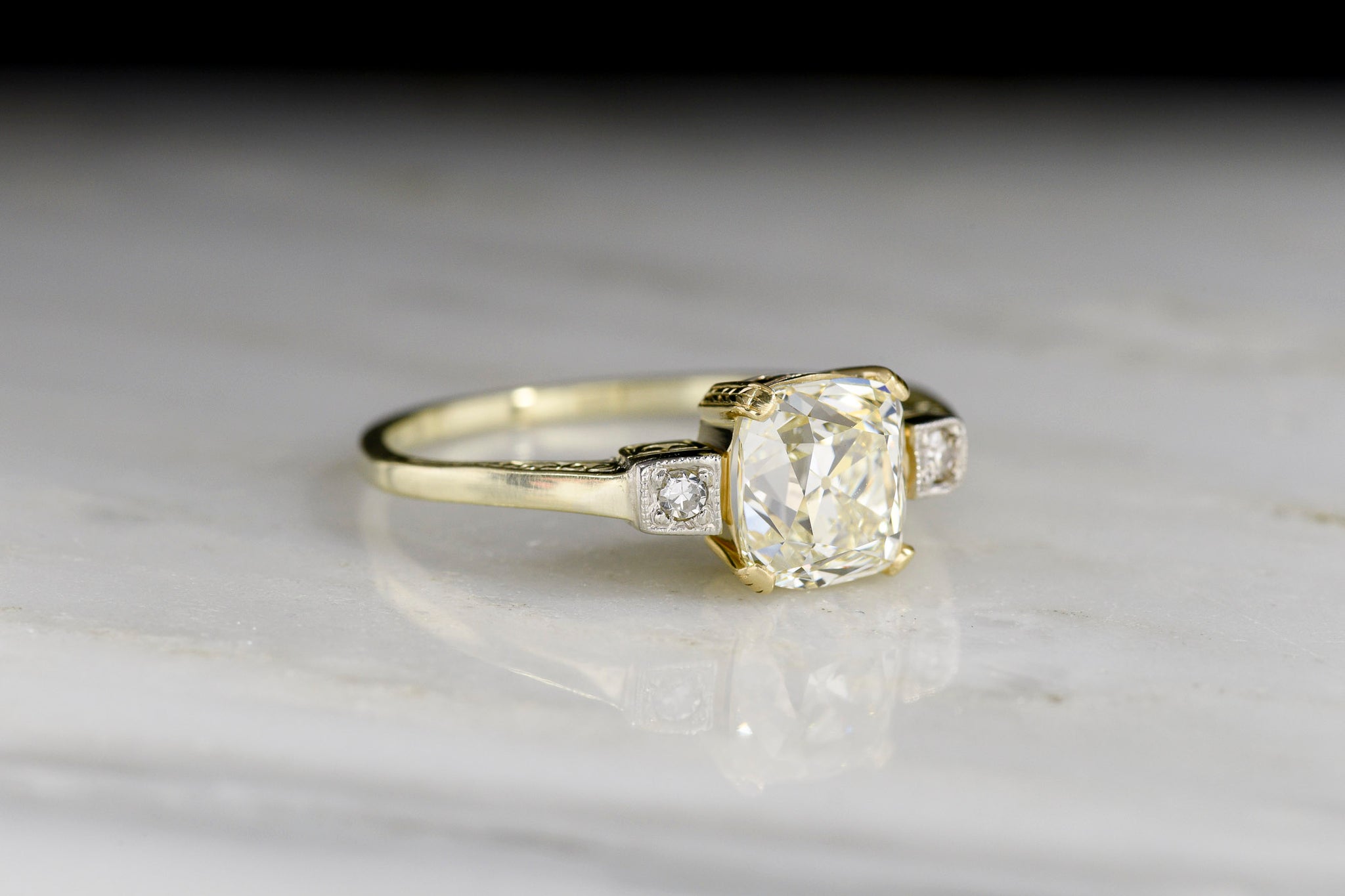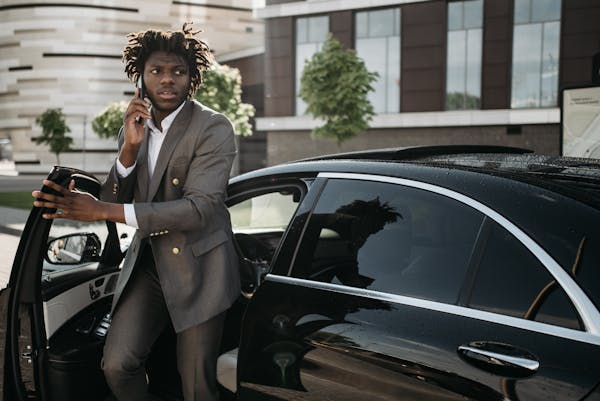Having released their first two albums in 1969, Free entered Trident Studios in London in 1970 to record what would become their breakthrough album. Thanks to the timeless single ‘All Right Now’, Fire and Water reached number 2 in the UK and 17 in the US. This success landed them a spot at the 1970 Isle of Wight Festival and propelled them to stardom.
While ‘All Right Now’ might have been the standout single, the album as a whole elevates them above the standard ‘blues rock’ genre. This is a band comfortable with space and with each other. The album is relaxed and laid back and there is no overplaying by anyone. If you compare Free to Led Zeppelin for example, you will notice the lack of drum fills, vocal gymnastics and show off guitar licks. Each track is a lesson in interaction and subtlety. The way that this band work together is greater than the sum of the parts and it all comes down to simplicity.
For the whole album Simon Kirke simply lays down the groove with authority and when he does fill it’s almost exclusively eighth notes or quarter notes. There’s nothing unnecessary, it’s just powerful and minimal. Even during his drum solo at the end of the title track ‘Fire and Water’ he refuses to show off.
Paul Rodgers’ vocals are sublime. He doesn’t need to employ wailing vibrato or sing more notes than are necessary. Again it’s simple and soulful, perhaps most evident on ‘Don’t Say You Love Me’. Lyrically the songs are personal and intimate, deeply rooted in the blues.
Traditionally bass solos are usually marked by the rest of the band stopping, and letting the bassist shows off his licks now that he can finally be heard. That’s not the case here though. Listen to ‘Mr Big’ and check out how Kossoff and Kirke relentlessly thrash out the groove while Andy Fraser plays some of the funkiest and most melodic bass playing ever, gradually building up tension for him to drop down to the lower octave just as the band as a whole reach the peak. It’s a perfect battle of tension and resolution that leads us satisfyingly back into the chorus.
Free’s effective use of space and restraint is no better shown than in Paul Kossoff’s guitar work. His solos are sparse and melodic, and his chordal work is interesting and powerful. Being the only guitar player he fills up space by using wide intervals in his chord voicings or by adding an extra fifth into his power chords, sometimes both lower and higher. He also makes effective use of the open strings. When he goes into a solo, Andy Fraser jumps in and helps to fill just enough of that new found space to give Kossoff the freedom to play with a sparseness rarely found amongst ‘rock’ guitarists.
The result of all of this is that Free sound like more than just a standard guitar trio plus vocalist. They are constantly interacting with and supporting each other, never getting in the way. Everything is woven together in a way that shows a maturity way beyond their years at the time of recording. Free are a band completely free of gimmicks. Their music is pure, soulful and exciting. In later albums their sound became more piano led as Kossoff’s drug habit got in the way, but Fire and Water is the sound of Free at their peak, where everything clicked into place. If you want to learn how to play in a band, listen to this album.






More Stories
The Most Memorable Engagement Rings in German Royal History
Comparing Bullion Dealers: How to Choose the Best One for You
The Ultimate Guide to Stocking Premium Eyewear